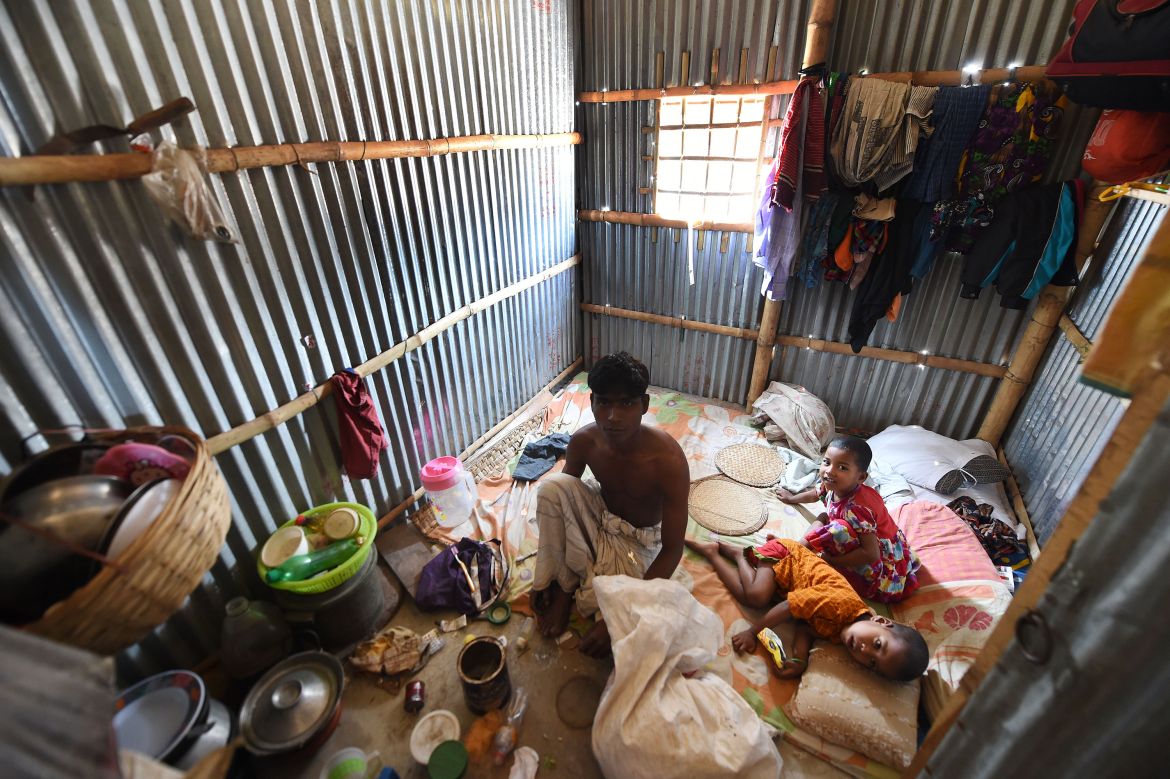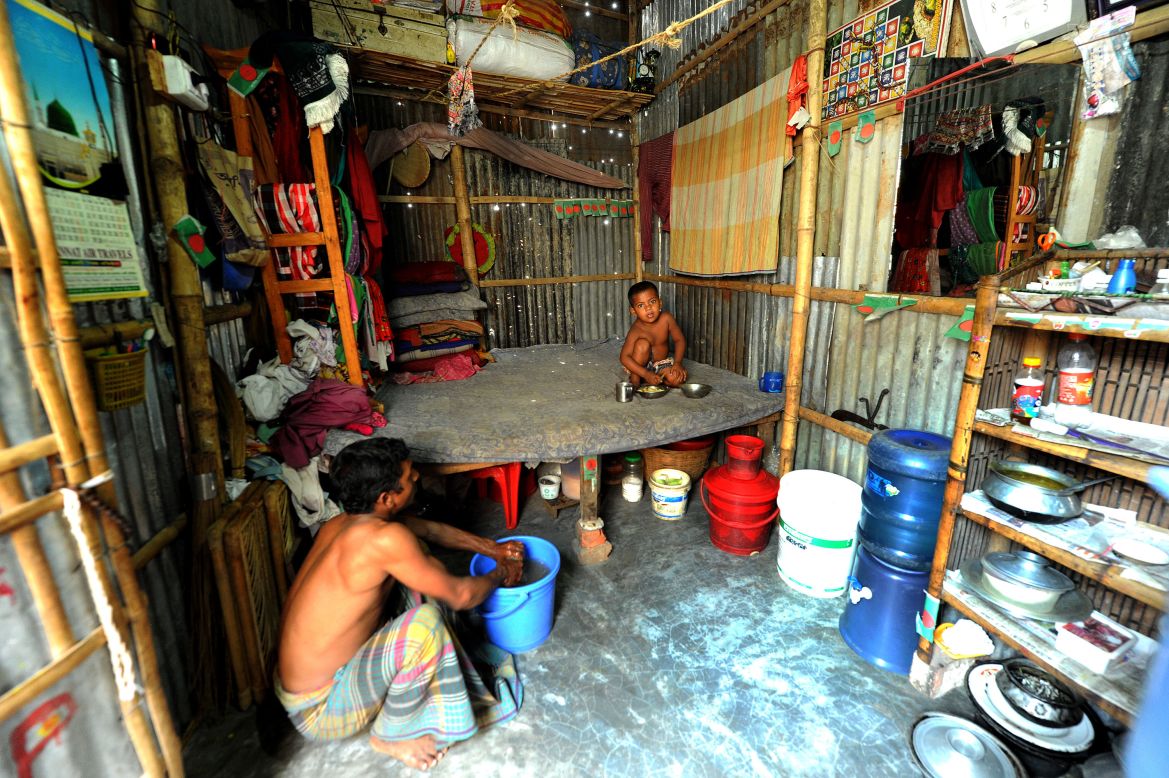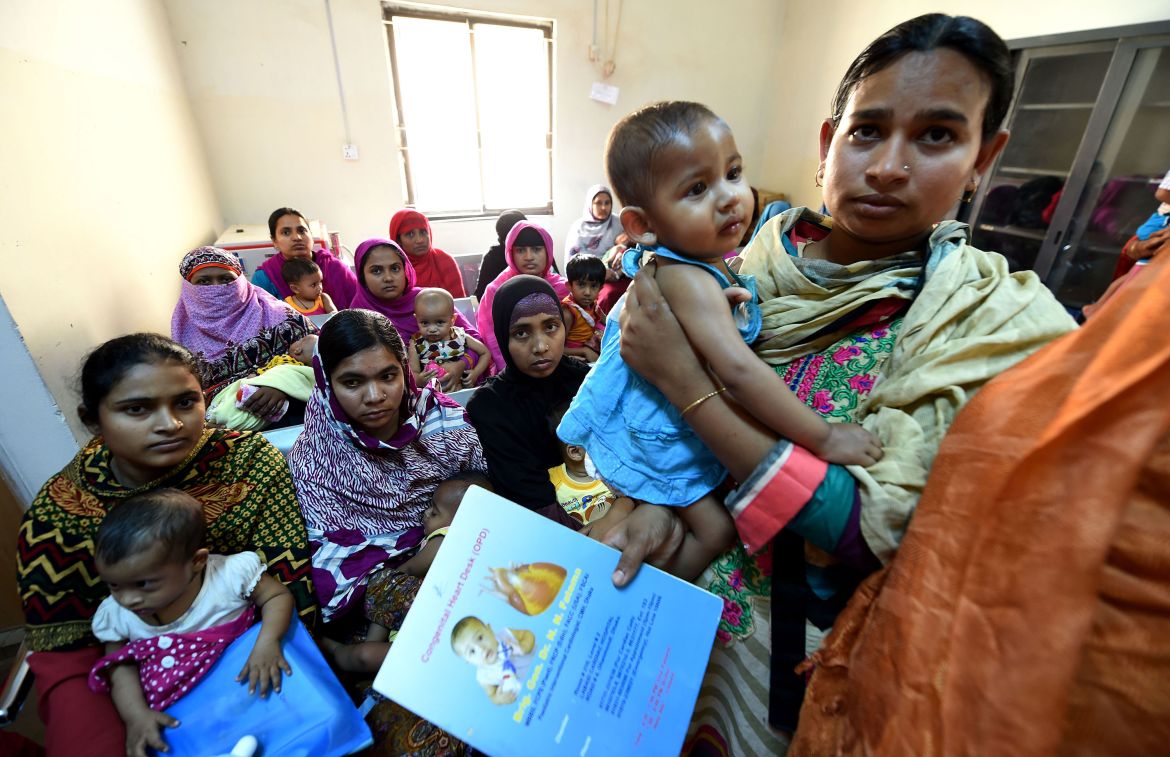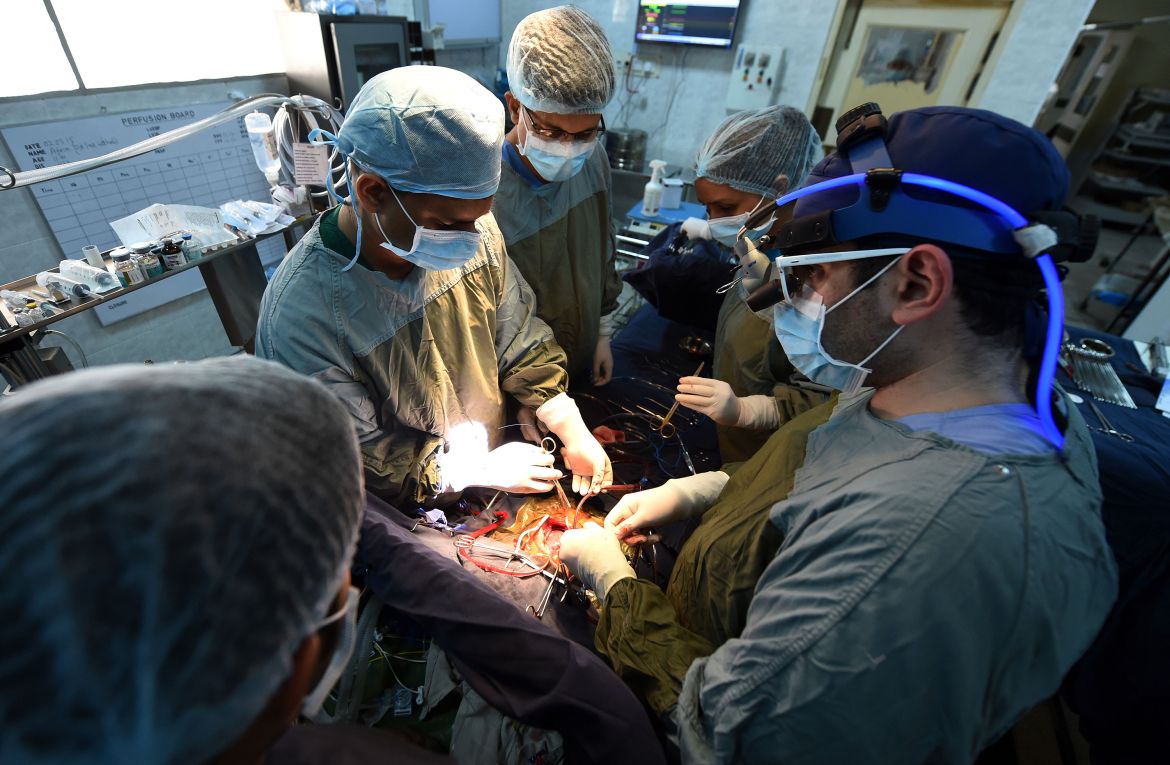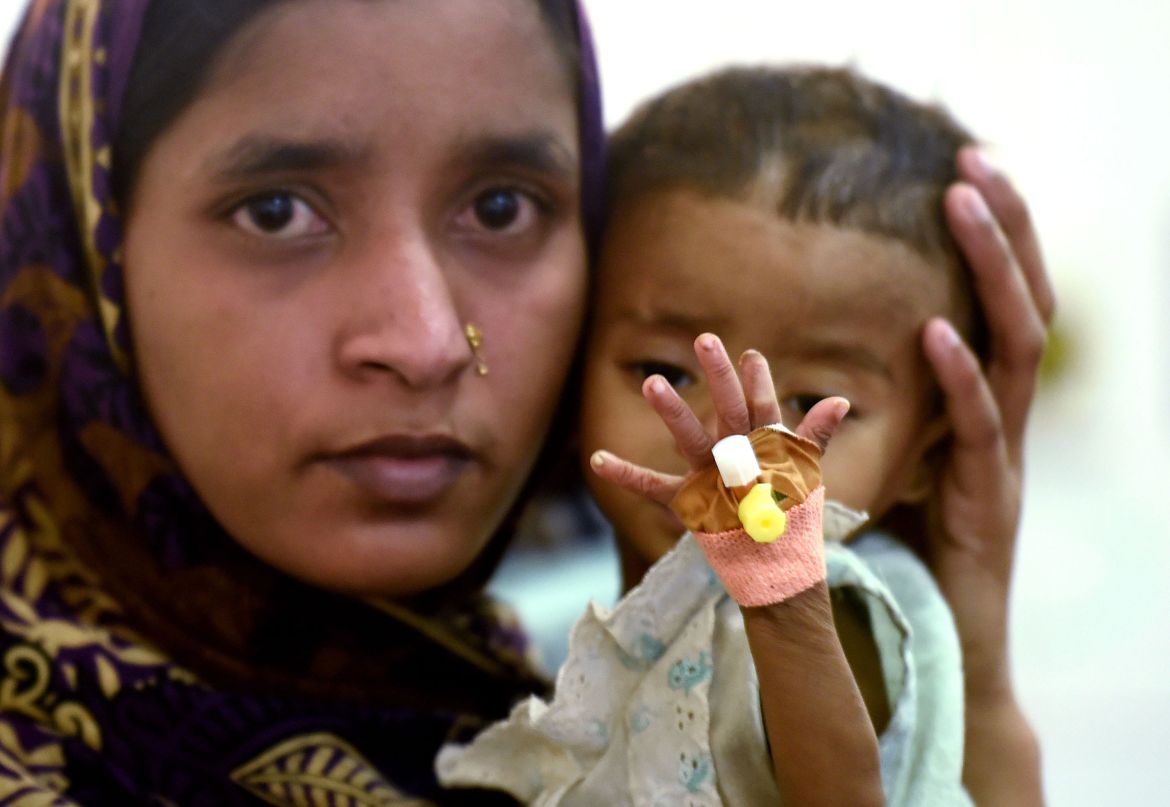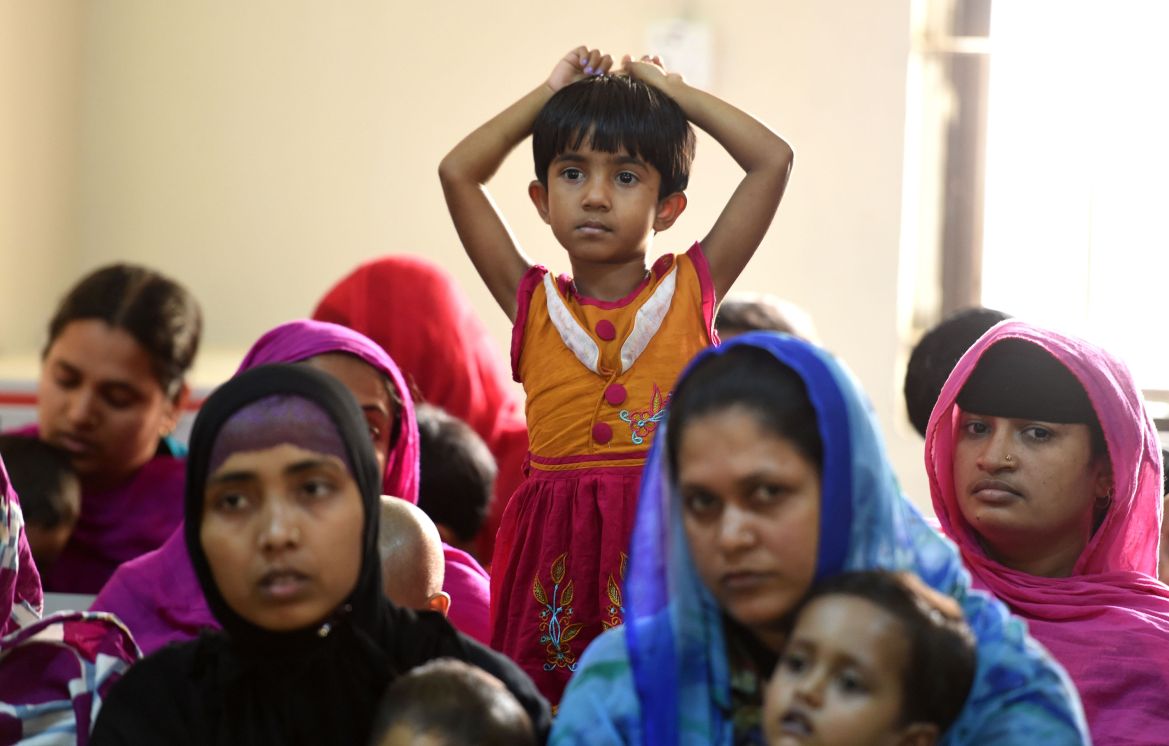In Pictures
Fixing congenital heart disease for Bangladesh’s poor
Bangladesh charities save little hearts by bringing foreign experts to provide free surgeries and train local staff.
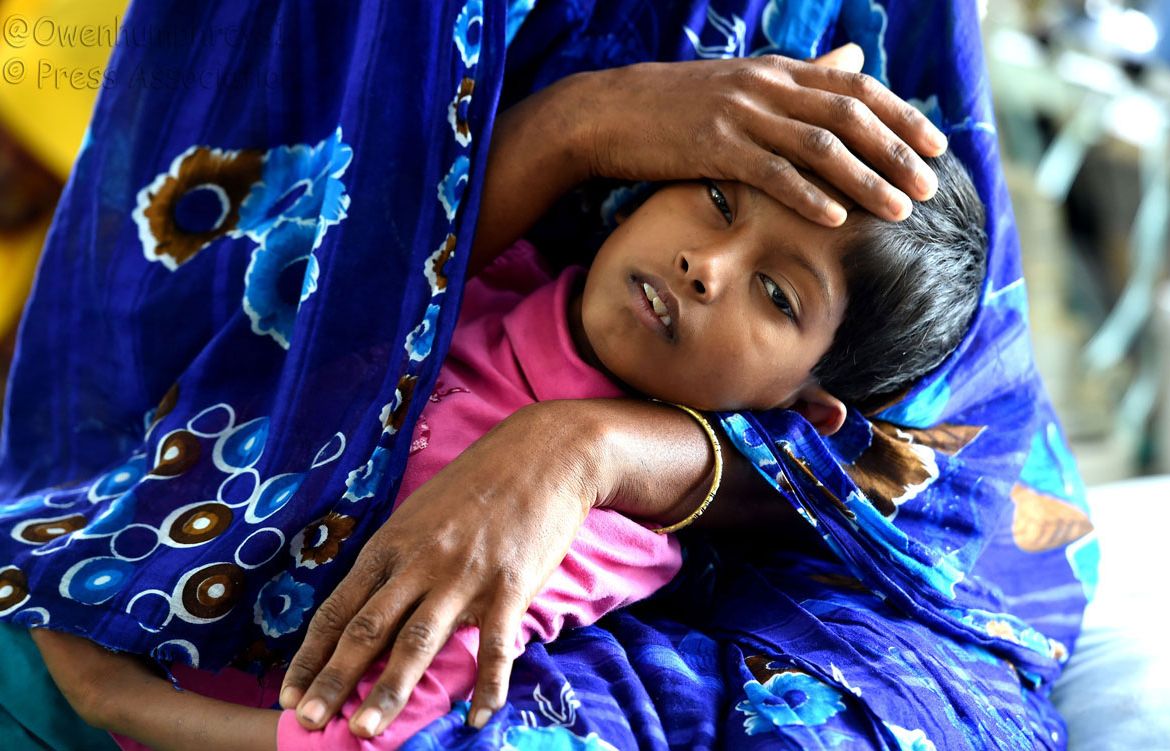
Dhaka, Bangladesh – The cruel irony of congenital heart disease is that it affects people in poor countries most, but requires expensive treatment from highly-skilled and specially trained teams of medics found in wealthy nations.
In Bangladesh, a country just twice the size of Ireland but with more than 156 million people, 35 times its population, there are only a handful of surgeons with the skills to operate on babies or children weighing just a few kilos.
Congenital heart disease affects about nine in every 1,000 babies born in Britain. In Bangladesh, about 25 in every 1,000 babies born at the Combined Military Hospital in the capital Dhaka have heart defects.
Eighty percent of these babies are born to families living below the poverty line. Surgery to fix the problem costs around $2,000 in Bangladesh, and very few paediatric surgeons take on such high-risk cases.
Desperate parents can only appeal in newspapers for help to send their children abroad for treatment, or watch them wither from malnutrition, disease, or die suddenly from heart failure.
Charitable organisations such as Muntada Aid provide some hope. Through its “Little Hearts” project, it brings teams of volunteer cardiac and intensive care medics to countries including Yemen, Tanzania and Sudan.
Around 90 surgeons, cardiologists, anaesthetists, doctors and nurses see as many children as possible during their one or two-week stints. The aim in places like Bangladesh, which Muntada Aid has visited three times since 2013, is to train local staff to handle complex paediatric surgeries and aftercare and save thousands more little hearts.
READ MORE: Free heart surgery for poor Bangladeshi children
